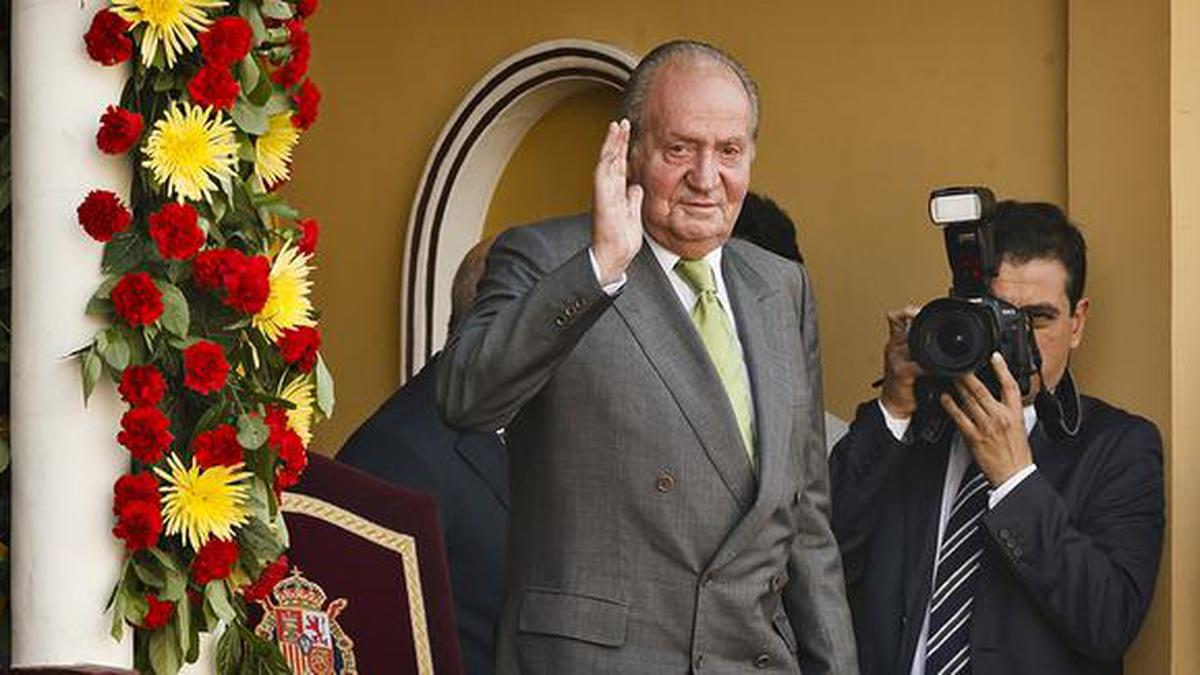[ad_1]

While most monarchs abdicated citing age, Spain’s Juan Carlos I had abdicated in disgrace in 2014.
| Photo Credit: AP
Queen Margrethe II became Denmark’s first monarch to abdicate in nearly 900 years when she handed over the throne to her son, Crown Prince Frederik, on January 14. Queen Margrethe always maintained during her 52-year reign that she wouldn’t quit, but ailments left her unable to undertake as much as she could in the past. “Time takes its toll,” she said, announcing her plans to abdicate in a New Year’s address that stunned the kingdom.
For centuries, monarchs were far more likely to die from disease or violence than to hand over titles that carried real power before the democratic era of constitutional monarchies.
“Abdication has become more common because people are becoming older and older,” said Lars Hovbakke Sørensen, a Danish historian and lecturer. “Therefore, we have more old monarchs in Europe and older crown princes and crown princesses.”
He cited as an example Britain’s King Charles III who took over after his mother, Queen Elizabeth II, died in 2022 when he was 74, ending a 70-year old reign.
Emperor Akihito of Japan abdicated in 2019 at the age of 85, citing age and declining health. It was Japan’s first abdication in two centuries.
Queen Beatrix of the Netherlands may have started a trend toward royals retiring when she announced her abdication in 2013, shortly before turning 75 and after a 33-year reign. In explaining her decision, she said she believed it was time to pass responsibility to a new generation. Beatrix was quickly followed in her abdication by her Belgian counterpart, King Albert II, and not long after that by Spain’s Juan Carlos.
Juan Carlos I, now 86, abdicated in disgrace in 2014. Those who remember him in his younger years recall the key role he played in ensuring Spain’s safe transition from decades of Francisco Franco’s dictatorship to a modern constitutional monarchy.
His relations with the Spanish public began to crack in 2012 when the former patron of the World Wide Fund for Nature injured himself on an elephant hunting trip in Botswana while his subjects back home were living through a full-blown economic crisis.
[ad_2]
Source link

